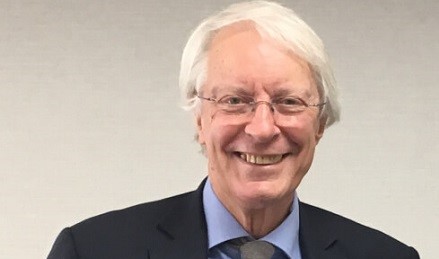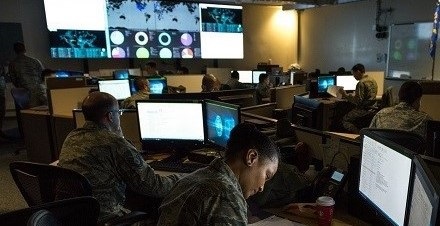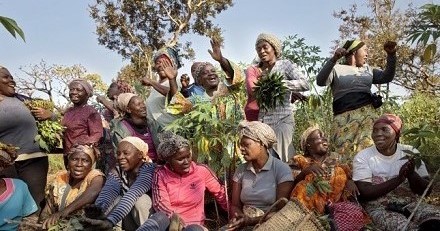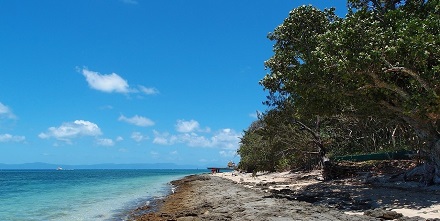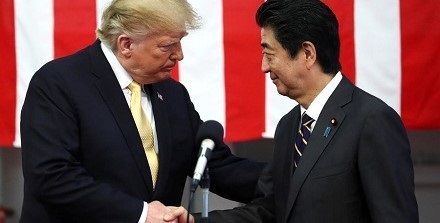Archive News & Announcements - 2021
Distinguished Scholar Award for Toda Director
Jun 2021 - News
Professor Kevin Clements, Director of Toda Peace Institute and retired Foundation Director of the University of Otago’s National Centre for Peace and Conflict Studies (NCPACS), has been awarded the International Studies Association’s (ISA) 2022 Distinguished Scholar Award in its Peace Studies Section. The ISA says the award is given each year to a scholar who has a substantial record of research, practice and/or publishing in the field of peace and conflict studies. The Association’s selection committee was deeply impressed by the breadth and quality of Professor Clements’ work on disarmament, conflict resolution and problems of historical memory and reconciliation in Asia-Pacific, as well as his institution – and organization – building work. “I would like to share this honour with all of my colleagues since, among other things, the committee noted my ‘institution and organisation building work’. I could do no institution building without all of your talent, hard work and support. I look forward to acknowledging my NCPACS and Australian Peace and Conflict Studies’ colleagues at the Award ceremony!” said Professor Clements. At the upcoming 2022 International Studies Association conference in Nashville, Tennessee, Professor Clements will join the Distinguished Scholar Awards Roundtable to celebrate his contributions to the field. Professor Clements was at the University of Otago for 11 years before retiring in 2020. He was awarded the New Zealand Peace Foundation’s 2014 Peacemaker Award and served as Secretary General of the International Peace Research Association and past Secretary General of The Asia Pacific Peace Research Association. Prior to taking up these positions he was the Professor of Peace and Conflict Studies and Foundation Director of the Australian Centre for Peace and Conflict Studies at the University of Queensland, Brisbane, Australia. His career has been a combination of academic analysis and practice in the areas of peacebuilding and conflict transformation. Professor Clements has been a regular consultant to a variety of non-governmental and intergovernmental organisations. Professor Clements joins a distinguished group of scholars who have been recognised with this award since its establishment in 2013. The ISA is one of the oldest interdisciplinary associations dedicated to understanding international, transnational and global affairs. Founded in 1959, its more than 7,000 members span the globe – comprising academics, practitioners, policy experts, private sector workers and independent researchers, among others. The Association has long served as a central hub for the exchange of ideas and for networking and programmatic initiatives among those involved in the study, teaching and practice of International Studies. Through its highly attended Annual Convention and regional/international conferences, as well as its respected journals and the Oxford Research Encyclopedia of International Studies, the Association promotes rigorous discussion, research and writing on a broad range of topics within International Studies, broadly construed.
[SHARE] Stop the Emerging AI Cold War
May 2021 - News
In this article which appears on Nature's website and soon in its print edition, Toda International Research Advisory Council member Professor Denise Garcia argues that proliferating military artificial intelligence will leave the world less safe — so we must focus on ethics and global cooperation. The relentless pursuit of militarization does not protect us. It diverts resources and attention from nearer existential threats, such as extreme weather events. With the world reeling from COVID-19 — the shock of the century — now is not the moment to hasten towards worldwide confrontation. In 2019 alone, climate disasters displaced almost one million people in the United States. China, too, is extremely vulnerable to global warming. This common ground could pave the way to cooperation, including stopping the emerging AI cold war. See full article here: https://www.nature.com/articles/d41586-021-01244-z Nature 593, 169 (2021) Image: US cyber warfare operators (Airman Magazine)/Flickr
[SHARE] Raising Climate Ambition Should Include Environmental Peacebuilding
May 2021 - News
In January, the Biden Administration released the Executive Order on Tackling the Climate Crisis at Home and Abroad. It is a sweeping document that integrates climate concerns into policy and governance, including into national security. It recognizes that environmental security, the integration of environmental considerations into national security strategy, policy, and programs, is essential to combat the global climate crisis and should be mainstreamed across U.S. government efforts. Read more in this New Security Beat article by Elsa Barron and Sherri Goodman. https://www.newsecuritybeat.org/2021/05/raising-climate-ambition-include-environmental-peacebuilding/
[SHARE] We Want To Be Included
Mar 2021 - News
More than 100 traditional owners and leading scientists from across Australia met this week to build a national First Nations voice on climate change. From marine heatwaves and rising seas to bushfires and mass species deaths, climate change is having a major impact on First Peoples, their country, health and culture. Internationally, Indigenous people make up less than 5% of the world’s population, but they manage and protect 80% of global biodiversity. Read more at https://www.theguardian.com/australia-news/2021/mar/27/we-want-to-be-included-first-nations-demand-a-say-on-climate-change Image: Jochen Bullerjahn/Flickr
[SHARE] Japan's New Security Role
Mar 2021 - News
Toda Peace Institute Director, Professor Kevin Clements, writes that this is a time in Asia-Pacific history when we need fresh thinking about how to build trust, confidence and conflict resolution mechanisms throughout the region. https://www.asiamediacentre.org.nz/opinion/japans-new-security-role/ Image: wikimedia
